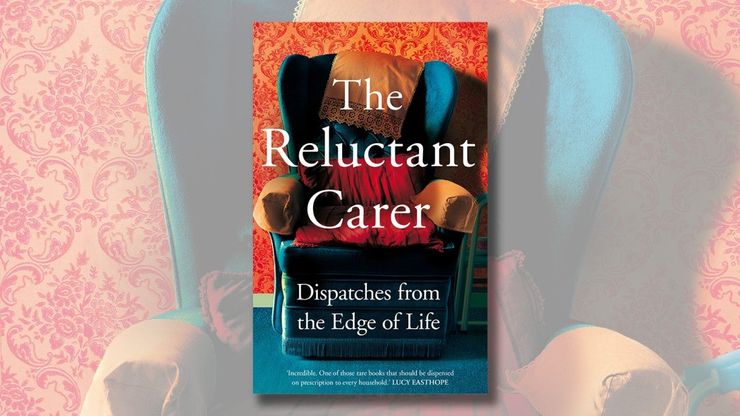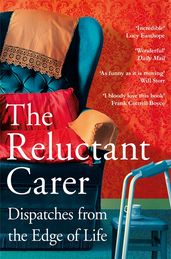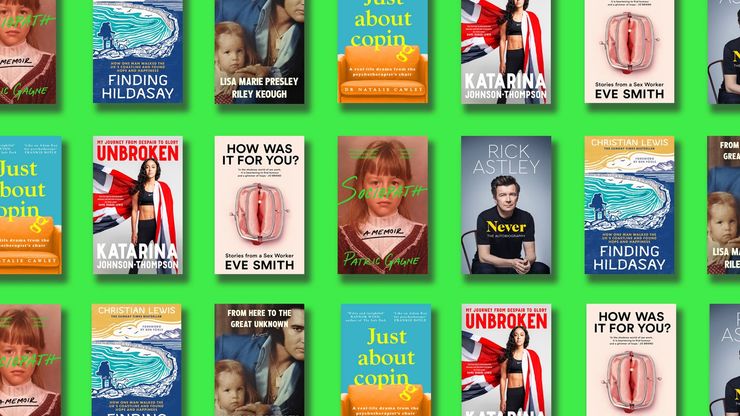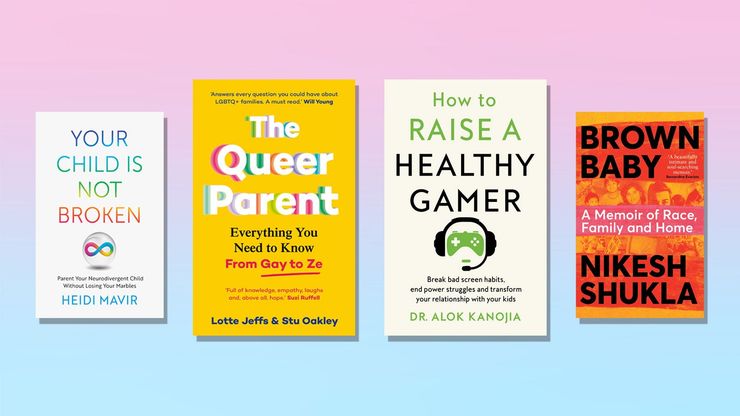3 things I didn't expect to learn whilst caring for my parents
Do you have ageing parents, and are you worrying about how looking after them might impact on your own life? Here the self confessed (and anonymous) Reluctant Carer describes the conflicting feelings and physical challenges of helping the aged.

Back in 2017, a weary and frankly reluctant carer wrote a piece in the Guardian about looking after an elderly parent, when moving back home was the last item on the agenda. It went viral, striking a nerve with fellow carers and others facing the dilemma of how best to care for ageing relatives. Here, the Reluctant Carer describes three key takeaways from the curve ball life spun at them.
For more reads, discover our list of the best non-fiction books.
Dysfunction is function
As a carer, you inhabit an inverted world in which the ‘be all you can be’ aspirational power dynamics of consumerism no longer apply. Normality has fled. Do not, therefore, expect to see yourself reflected in peak time advertising, popular music or action films. From now on upward mobility is a broken dream, any mobility is a bonus. The only guaranteed movements are in your charge’s bowel. You are not getting anywhere, except maybe with someone else to the bathroom, and that's if you’re lucky.
I have no urge to be flippant – the job is difficult, adjacent to impossible at times. But cultivating an understanding that the outside world is fooling itself whereas the slapstick, tears and pathos of elderly care are where it’s really at, can help. What this, like the endless laundry, boils down to, is that if you can accept what are ordinarily seen as errors – spilling things, falling over, not recognising one another and so on – as regularity, as a kind of mad progress in itself, then there is a chance of one’s sanity prevailing. Maybe. So remember: down is up, bad is good and a room so hot you could host a hog roast can feel genuinely chilly if you’re old enough . . .
It is not like looking after a baby
I understand that people who say this are doing so in good faith and in a quest for connection, but I heard this a lot. The comparisons are understandably with feeding, dressing and cleaning – and there is no doubt considerable crossover between the very old and the very young, but scale is the thing here. Chihuahuas and Great Danes are both dogs, but as with the old/young issue, the similarity is overwhelmed by the distinction. Despite never having managed to conjure up a baby of my own I have looked after several and, if memory serves, you could pick them up sometimes with one and certainly two hands. This is not true with the elderly. They are not portable. They are the opposite: occasionally intransigent, consistently fragile and surprisingly heavy. Some days it would be easier to dress a mule.
A harder truth is that babies are learning things while elders are forgetting. The developmental milestones are less photographable in old age. The whole business is only heading in one direction and the inherent optimism of a young presence is not there to rely on when things get tricky – this is a stark tonal difference, even if the tendencies toward soft food and the threat to soft furnishings seem the same.
The big one though is that whilst we wish children a long and happy life, the time may come when our fondest intention for the old folk we have tucked up for the evening is a quick and painless death – perhaps before tomorrow. This leads to emotional conflict, which brings us to point three . . .
Don’t believe the hype
Sometimes life becomes an emotional response to emotional propaganda. What I mean by this is that one is expected to feel and display certain things at certain times and, if one does not, the feelings we have instead and the feelings to which we are subjected – publicly and privately – can become the problem. Anyone who has grieved knows this. We might be numb at the funeral and want to collapse weeks later on the school run. Individual experience does one thing – society expects another.
The ends of marriages tend to be dissonant, and the ends of lives can be the same. Caring for one part of one’s family while legally separating from another (which is what happened to me) becomes especially fraught. If you are lucky you will learn this: you are nobody else’s idea of a ‘good’ person. You are who you are when things happen – life is not lived in a straight line. We might do more harm by trying to be good than by simply getting things done. Families are a mess. The physical clean-up is nothing to the emotional slopping out. There is no Cillit Bang for the soul, for none is necessary. Start with yourself – forgive, forget, then get the kettle on.
The Reluctant Carer
by The Reluctant Carer
The phone rings. Your elderly father has been taken to hospital, and your even older mother is home with nobody to look after her. What do you do? Drop everything and go and help of course. But it's not that straightforward, and your own life starts to fall apart as quickly as their health. This funny, deeply honest and moving book is a love letter to family, to all carers, and to anyone who has packed a bag to help out for a few days and found they are back to stay.



